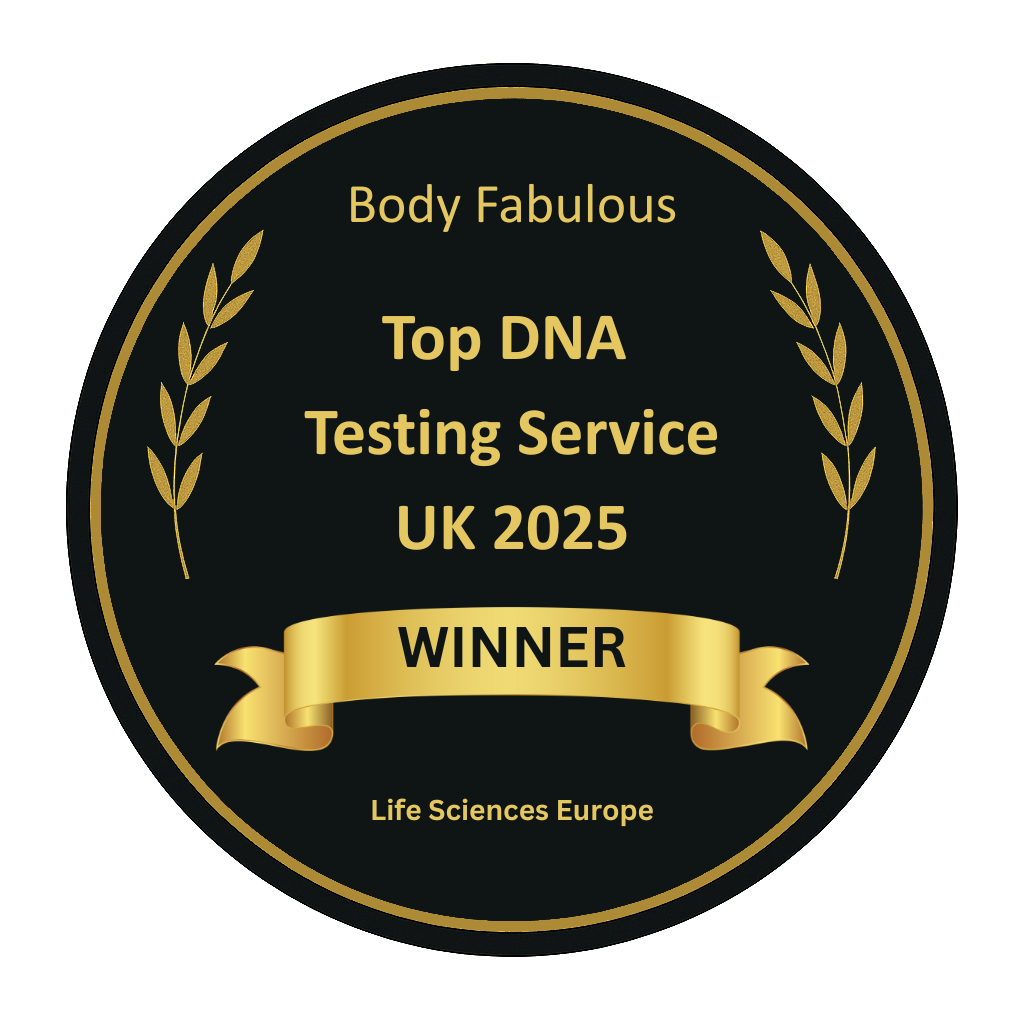Testosterone Killers - A Research-Based Exploration
/Testosterone is a critical hormone that affects multiple aspects of health, including muscle mass, bone density, mood, and libido. However, modern lifestyle factors and environmental toxins can significantly reduce testosterone levels. This article explores scientifically-backed testosterone killers and how to counteract them with proper supplements.
1. Endocrine Disruptors in Plastics
Plastics containing chemicals such as bisphenol A (BPA) and phthalates are common testosterone disruptors. BPA mimics oestrogen, suppressing testosterone production. Studies show that men with high BPA exposure had lower testosterone levels compared to those with minimal exposure.
Supplement Recommendation: Taking DIM (Diindolylmethane), a compound found in cruciferous vegetables, may help modulate oestrogen levels and support healthy testosterone balance by promoting the metabolism of BPA and other endocrine disruptors.
2. Obesity and Insulin Resistance
Excess body fat, particularly around the abdomen, is associated with higher levels of aromatase, an enzyme that converts testosterone into oestrogen. This process leads to lower testosterone levels. Obesity also causes insulin resistance, further worsening testosterone suppression.
Supplement Recommendation: Berberine, known for its ability to improve insulin sensitivity, can help reduce insulin resistance and may indirectly support testosterone production.
3. Chronic Stress and Cortisol
Chronic stress increases cortisol, a hormone that directly competes with testosterone. High cortisol levels suppress testosterone synthesis, causing fatigue, mood swings, and weight gain. Long-term stress can lead to a persistent decline in testosterone.
Supplement Recommendation: Ashwagandha has been shown to significantly reduce cortisol levels and improve testosterone. One study found that men taking ashwagandha had a marked increase in testosterone compared to a placebo group.
4. Microplastics in Food and Water
Microplastics are now found in food, water, and air, and they often carry harmful chemicals like phthalates and heavy metals. These microplastics can disrupt endocrine function and lower testosterone.
Supplement Recommendation: Chlorella, a potent detoxifying agent, can help reduce the body’s toxic load, which includes microplastics and heavy metals, potentially protecting testosterone levels.
5. Poor Sleep Quality
Testosterone is primarily produced during deep sleep. Poor sleep quality or insufficient sleep can dramatically lower testosterone levels. One study found that men who slept only five hours a night had testosterone levels comparable to someone 10 years older.
Supplement Recommendation: Magnesium glycinate is a well-researched supplement that helps improve sleep quality. It promotes relaxation and deep sleep, which is essential for optimal testosterone production.
6. Excessive Alcohol Consumption
Alcohol is known to suppress testosterone production. It damages the Leydig cells in the testes, which are responsible for producing testosterone, and also increases the activity of aromatase, which converts testosterone to oestrogen.
Supplement Recommendation: Milk Thistle is a powerful liver-supporting herb that may help mitigate the negative effects of alcohol on testosterone by supporting detoxification and reducing inflammation.
7. Soy-Based Foods
Soy contains phytoestrogens, which are plant compounds that mimic oestrogen in the body. Excessive soy intake can reduce testosterone levels, although the impact of moderate consumption is still debated.
Supplement Recommendation: Zinc is a critical mineral for testosterone production. Studies show that zinc supplementation in men with zinc deficiency can lead to increased testosterone levels.
8. Sedentary Lifestyle
Lack of exercise and a sedentary lifestyle can significantly lower testosterone levels. Resistance training, especially with heavy weights, has been shown to increase testosterone.
Supplement Recommendation: Creatine monohydrate is a well-researched supplement that improves performance in resistance training. By enhancing exercise efficiency, creatine indirectly supports the natural increase in testosterone levels associated with strength training.
9. Pesticides and Herbicides
Pesticides, particularly those containing organophosphates, have been shown to interfere with hormone production and decrease testosterone levels. Exposure to these chemicals through non-organic foods can have lasting effects on reproductive health.
Supplement Recommendation: Glutathione is a potent antioxidant that helps detoxify harmful substances, including pesticides, which could indirectly protect testosterone levels from endocrine-disrupting chemicals.
10. High Sugar and Processed Foods
A diet high in processed foods and refined sugars increases insulin resistance and inflammation, both of which negatively affect testosterone levels. Elevated insulin levels are known to suppress the production of testosterone, leading to weight gain and fatigue.
Supplement Recommendation: Omega-3 fatty acids help reduce inflammation and improve insulin sensitivity. Studies show that men with higher omega-3 intake had better testosterone levels compared to those with low intake.
Conclusion
Maintaining optimal testosterone levels requires addressing a variety of lifestyle factors, including minimising exposure to endocrine disruptors, managing stress, getting quality sleep, and engaging in regular physical activity. By understanding and avoiding these testosterone killers, you can better support hormonal health. Additionally, targeted supplements—such as DIM, berberine, ashwagandha, magnesium, and omega-3—provide research-backed solutions to help protect and enhance testosterone levels naturally.
Testing:
Full Mens Hormone & Stress Panel - Urine













